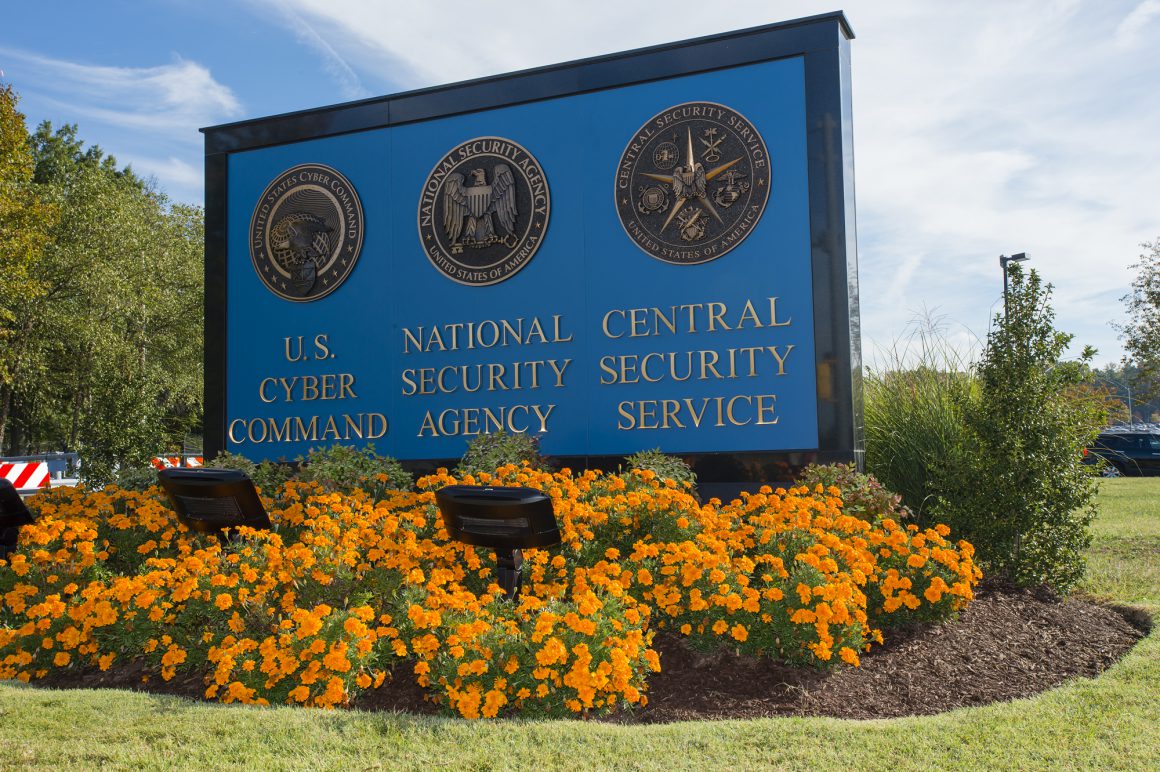![]()
By Maximos Giannis
There are several intelligence agencies around the world, many of them headquartered in the US, which make use of the vastly developed technology of the digital age to spy on millions of people, who are not even considered terrorism suspects. The most (in)famous agency as such would be the NSA (National Security Agency), which uses a pretty smart foundation of ‘legal’ activities to justify its actions.
The issue is that NSA activities are anything but legal. They manage to claim that they operate within the frame of law because of the FISC (Foreign Intelligence Security Court), which interprets the actual law into what would be considered legal for NSA’s actions. In other words, when the NSA goes searching for information about whomever it wants, there is usually no warrant, as the person is usually not even a suspect.
The United States Government has tried to support its security agency by claiming that the surveillance of thousands of people is not quite illegal, as the data of each person is not reviewed by a person but by a machine, and that the data collected is not personal and does not reveal private information about the individual. NSA generals make reference to such justifications given by the US government and present their organization as fully constitutional and their actions as more than necessary in order to keep terrorists at bay. Moreover, they claim that people should get comfortable with such an idea in today’s world where the digital technology dominates the planet. They invoke the well-known saying ‘If you have nothing to hide, you have nothing to fear’ addressing the concerned public.
The NSA follows a pattern of ‘three hops’, investigating not only the target’s online activity but also the actions of the persons who talk to the target or the persons who talk to the persons who talk to the target. That creates a huge number of people being investigated because of just a few suspects. They argue that in order to prevent another terrorist attack like 9/11, they need to have access to pretty much everyone’s information so that they find those few people who will lead them to what they want.
But how did this whole debate start and how was the public’s concern raised so much, if you think this whole organization is secret? Well, a few years ago, Edward Snowden, who was then a contractor with the NSA and had some privileged knowledge of the agency’s activities, decided to become a whistleblower. He traveled to Hong Kong and from there gave private NSA information to journalists from big newspapers like The Guardian and The New York Times.
Concerned about prosecution if he returned to the US, Snowden decided to live in self-imposed exile and was given asylum by Vladimir Putin in Russia. One of Snowden’s greater revelations was the order given by the NSA to Verizon, one of America’s largest telecom providers, to grant them access to all phone records for a period of three months. This was known to have happened under then-president George W. Bush, but it was the first time that proof existed illustrating that the practice continued under President Barrack Obama. The actual order was given by no other than the FISC.
Encryption is used by all of us daily to be able to ‘hide’ the information that we give and take through electronic devices and by using the World Wide Web. The problem is that intelligence agencies like the NSA or its UK counterpart, GCHQ, have managed to crack this encrypting system in order to have access to more information, always in the interest of national security and not for any other reasons (at least that is what they claim). They do that either by cracking the codes themselves using programs they have developed, or even by collaborating with internet service providers and technology companies to gain access to that encrypted information.
After the revelations made by Snowden and the newspapers he worked with, outrage ensued over communication surveillance crossing ‘the red line’. People claimed that encryption was what generated trust online and that these agencies are now shaking up the very fabric of the internet.
In 1978, the US Congress passed a fundamental act which was then followed by other motions, in 2001 and so on, that try to justify actions of intelligence agencies. The Foreign Intelligence Surveillance Act (FISA) of 1978 actually sets the foundations of intelligence surveillance activities and creates a secret court to review those activities. Then there is the USA PATRIOT Act of 2001 which allows the complete collection of metadata of a suspect or persons communicating with a suspect, etc. (Metadata is a complex term, which refers to the data collected about communications that concern a targeted person or persons, not the actual content of the communications as such. That means the time, place and type of a simple phone call or the author, date of writing and publisher of a document. Metadata is used more and more as it is easier to collect and, as NSA claims, it does not directly harm human rights).
FISA makes it possible for such agencies to collect any information demanded by the US government, purportedly for security reasons, and for the court overseeing these activities to be completely secret and sheltered from any public review. The issue that caused the greatest concern among the public after Snowden’s revelations is that, as long as the court which overviews intelligence surveillance activities is totally secret, its interpretation of the actual law cannot be checked by anyone. Thus, it cannot be excluded that some laws can be completely misinterpreted in order to justify actions that may fall outside the legal framework.
Not only the public but also several US congressmen and senators have expressed serious concerns about the formation of the FISA court and the secrecy surrounding it. Considering that since the passing of the FISA there have been just 3 cases where NSA was demanded to justify some of its actions, this is a reasonable concern, because that shows that the court is not there to actually overview NSA’s actions but to try and protect them and keep them going . Ron Wyden, US senator, claims that NSA operations should indeed be kept secret, and that they are not a matter that the public should be concerned about. However, he reasonably believes that the laws that enable such operation should be debated openly, instead of being passed secretly by the FISA court. Otherwise, one could convincingly claim that the United States is moving away from democracy and towards a totalitarian state.
The debate that Edward Snowden wished to start is now truly in full swing, not only about the NSA itself but about government secrets and how they affect human rights. The truth is that after Snowden’s revelations, any journalist or writer around the world should have felt for the first time a new threat, as it is now known that any source is not safe and that anything upsetting that is said or written can now be revealed, and that somehow affects one of the fundamental rights of any human being: the freedom of speech. The NSA and other intelligence agencies are now under threat, too, and need to be able to defend their project as more people are starting to question it. And there will probably be reforms in the future, hopefully reforms that will actually have an impact and not just appease the people.
Bibliography:
- http://•http://www.theguardian.com/world/interactive/2013/nov/01/snowden-nsa-files-surveillance-revelations-decoded#section/5
- http://•http://www.theguardian.com/world/2013/jun/06/nsa-phone-records-verizon-court-order
- https://www.eff.org/deeplinks/2014/05/unnecessary-and-disproportionate-how-nsa-violates-international-human-rights
- https://nl.wikipedia.org/wiki/Metadata
- https://it.ojp.gov/PrivacyLiberty/authorities/statutes/1286
Maximos Giannis is a 17 year-old student studying in the European School in Brussels.




